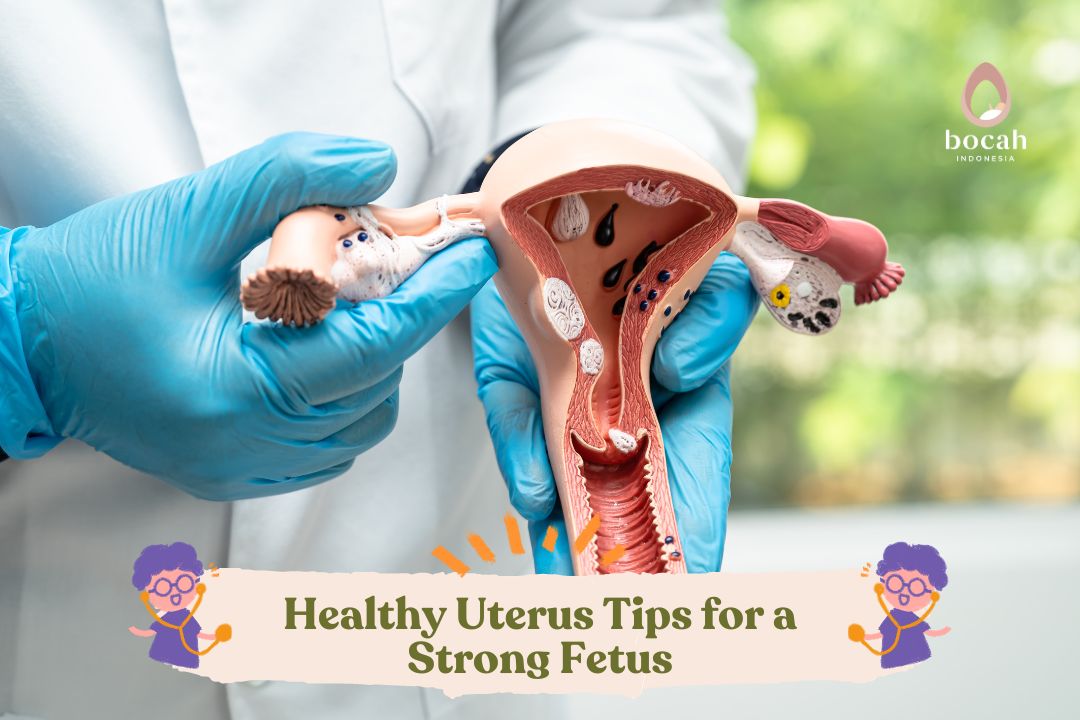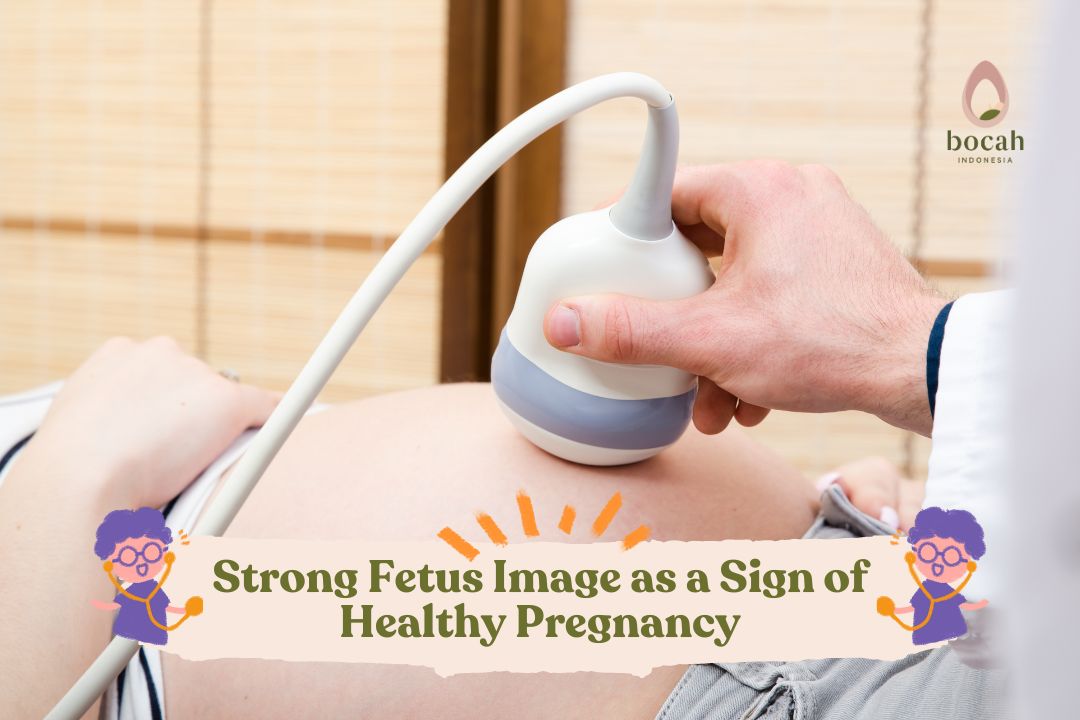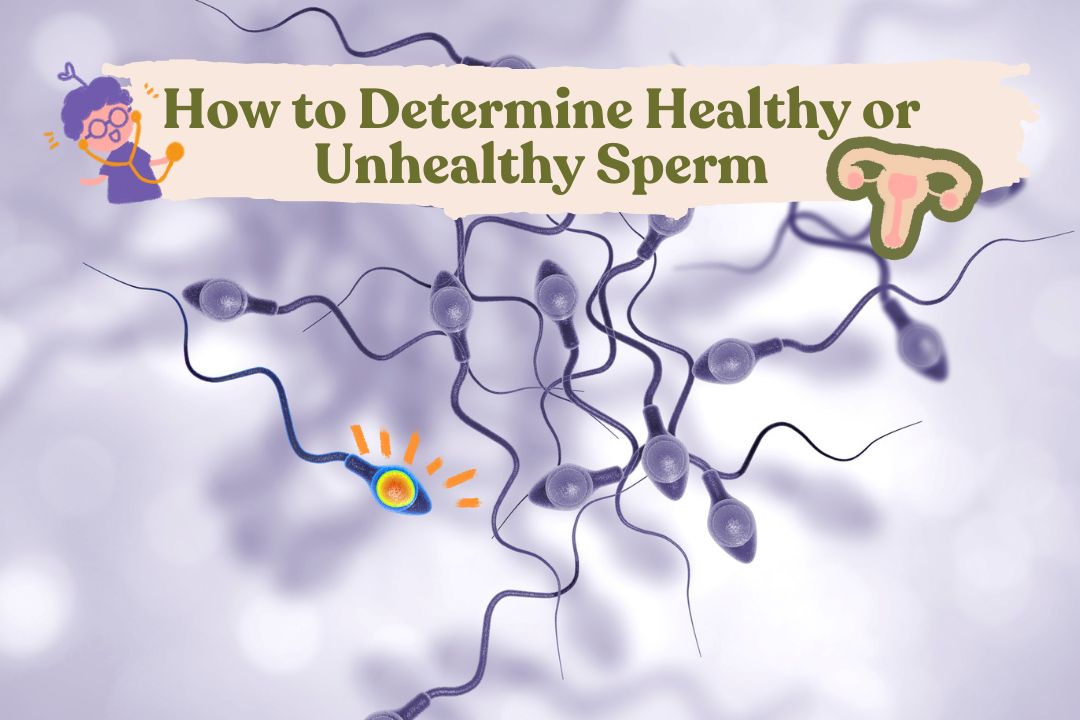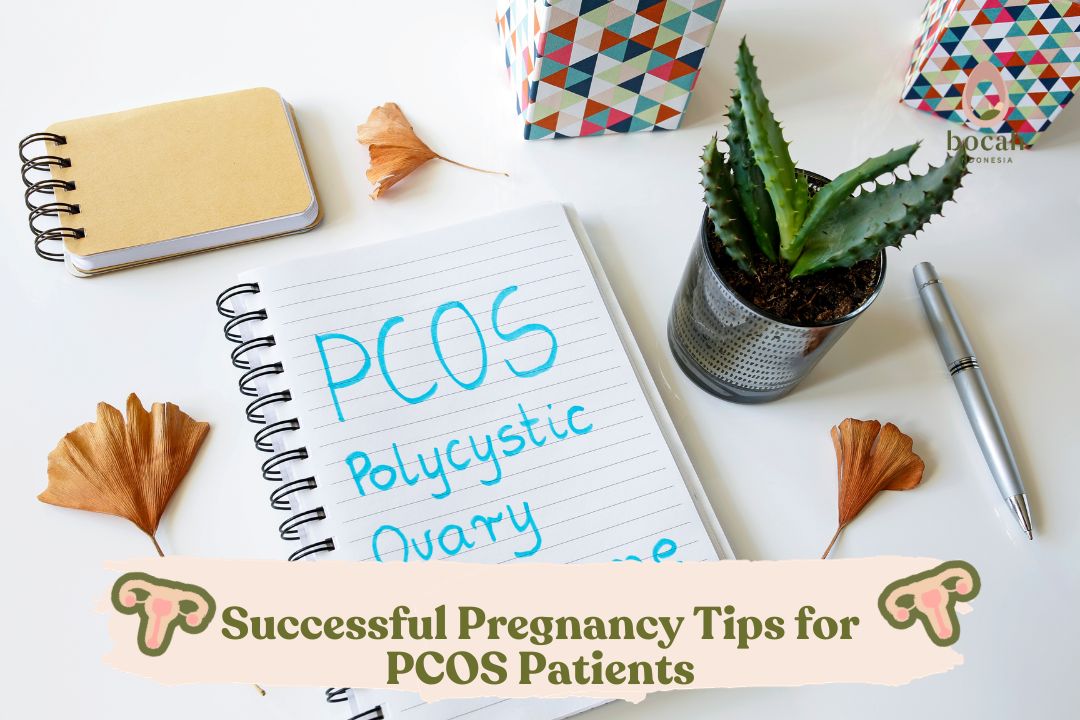Healthy Uterus Tips for a Strong Fetus

Mothers, it’s very important to maintain uterine health to prepare for pregnancy. Here are tips to keep your uterus healthy and fertile.
A healthy uterus is an important foundation for a successful pregnancy. When you are pregnant, the uterus acts as a home for the developing fetus. Therefore, maintaining uterine health is not trivial.
Not just in terms of nutrition and lifestyle, stress and anxiety can also negatively impact uterine health. With proper care steps, you can increase the chances of having a strong and healthy fetus.
To learn more about tips for a healthy and fertile uterus, read the following review.
Unhealthy Uterus Causes Fertility Problems
An unhealthy uterus can increase the risk of gynecological problems such as uterine fibroids, uterine cancer, bladder inflammation (cystitis), Polycystic Ovarian Syndrome (PCOS), hysterectomy, and others. These conditions can make it difficult for you to get pregnant, so if you want to get pregnant quickly, fertility examination and further treatment are needed.
Tanya Mincah tentang Promil?
Although the muscles of the uterus are among the strongest in the body, often you may damage them due to poor dietary choices, unhealthy lifestyle, toxin buildup, and retaining waste that can cause infections in the pelvic and vaginal area.
These toxins can cause infection if they remain in the system for too long. A regularly enlarged bladder or enlarged bowel movement can also put unnecessary pressure and damage the uterus.
Therefore, maintaining good uterine health is very important for overall well-being, fertility, and longevity.
Tips for a Healthy and Fertile Uterus
Don’t Sit Too Long
If your job requires sitting for long periods, you need to be careful. Sitting too long can affect blood circulation in the pelvic area. This can thicken the uterine wall and increase the risk of endometriosis.
Therefore, it’s important for you to pay attention to the duration of sitting, move a little every hour to facilitate muscle movement and good blood circulation in the body. You can set an alarm every 15 minutes to get up from your chair and stretch.
Consume Whole Grains
Whole grains contain fiber that helps manage and prevent uterine fibroids. These grains help maintain good body condition and support the reproductive system’s function by removing excess estrogen from the body. Try to consume whole grains like chia seeds, sunflower seeds, wheat, quinoa, oats.
The nutrients contained in legumes and grains can maintain hormone production in the body. Containing Omega-3 fatty acids, which can lower cholesterol, reduce the risk of uterine fibroids, and prevent uterine cancer. Consuming legumes also ensures optimal birth weight for newborns. Such foods are also good for preparing the pregnancy program you will undergo.
Regulate Sleep Schedule for Regular Menstrual Cycles
Sleep schedule affects hormonal balance. Try to maintain a proper sleep schedule, go to bed, and wake up at the same time every day. Maintaining a balance between wake and sleep schedules has a significant impact on reproductive hormones. This will ensure that the uterus remains functioning normally.
Avoid Packaged and Processed Foods
Nothing beats the nutritional value of a balanced meal cooked at home. Therefore, avoid consuming processed and packaged foods as they usually contain artificial sweeteners, flavors, and preservatives that are unhealthy for your body.
Foods containing soy protein are also filled with concentrated and unnatural plant estrogens, which can even be a cause of hormonal imbalances. Therefore, eat fresh, balanced, and healthy foods.
Regularly Consume Dairy Products
Include dairy products in your diet, as milk contains calcium, which is important for strong and healthy bones. Calcium absorption and the reduction of fibroids require vitamin D. Increase your intake of butter, milk, yogurt, and raw milk for good uterine health.
Eat Fruits Rich in Vitamin C
Consume foods containing vitamin C and bioflavonoids (a group of compounds often found in citrus fruits and blackcurrants). You can eat lemons, oranges, cabbage, kiwi, guava, broccoli, and bell peppers to prevent uterine infections and strengthen immunity.
The vitamin C content in lemons is high and has many health benefits such as anti-carcinogenic properties, preventing kidney stones, and helping to improve uterine immunity, thus preventing uterine infections.
Bioflavonoid foods can also prevent ovarian cancer and can help keep the reproductive system healthy. Fruits are a healthy snack that helps limit the intake of unhealthy foods and helps keep bowel and bladder movements smooth.
Don’t Miss Out on Consuming Vegetables
Vegetables are a good source of fiber, vitamins, and minerals. They also contain phytoestrogens, which the body uses to compete with estrogen. In this way, estrogen levels decrease, and the growth of uterine tumors is halted.
Minerals in leafy greens such as kale, spinach, and lettuce support a healthy nervous system and maintain the uterus’s pH within a healthy range.
Avoid Stress Triggers
Uterine health can be disrupted due to increased stress. Chronic stress can cause irregular menstruation and increased inflammation in the body. Engage in yoga, meditation, or other relaxing activities to live a stress-free life. Avoid things that cause you stress, especially if you are in a pregnancy program.
Exercise Regularly
Engage in physical activities like jogging, cycling, or yoga to enhance strength, flexibility, and blood circulation. These activities will help in strengthening muscles and reducing the risk of fibroids. Even if busy, try to exercise at least once a week.
There you have it, tips for a healthy and fertile uterus. If you are seeking treatment for issues related to the uterus, such as infertility, consult with a gynecologist now! Read more information on managing fertility at Bocah Indonesia.
Source:
- You don’t need fancy products for good feminine hygiene. Mayo Clinic (2020). Accessed 2023 https://www.mayoclinichealthsystem.org/hometown-health/speaking-of-health/you-dont-need-fancy-products-for-good-feminine-hygiene
- The relationship between stress and infertility. (2018). Body-Mind Interaction In Psychiatry, 20(1), 41-47. doi: 10.31887/dcns.2018.20.1/klrooney https://www.ncbi.nlm.nih.gov/pmc/articles/PMC6016043/
- Women’s Reproductive Health | CDC. (2020). Accessed 2023. https://www.cdc.gov/reproductivehealth/womensrh/index.htm
- Alcohol | Your Fertility. (2021). Accessed 2023. https://www.yourfertility.org.au/everyone/lifestyle/alcohol
- Kumar, S., Sharma, A., & Kshetrimayum, C. (2019). Environmental & occupational exposure & female reproductive dysfunction. Indian Journal Of Medical Research, 150(6), 532. doi: 10.4103/ijmr.ijmr_1652_17 https://www.ncbi.nlm.nih.gov/pmc/articles/PMC7038808/








